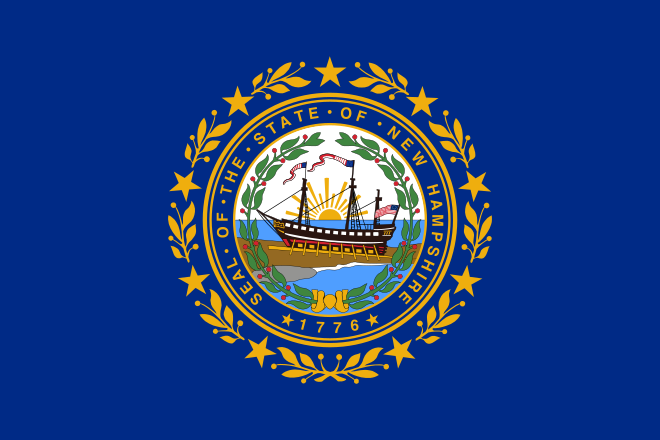What Indigenous territories am I in?
Native Lands Map
More Information
What native lands am I currently in?
Find the Indigenous territories you are currently on. Consider the Indigenous history of your area and reflect on the effects of colonization by exploring the native lands at your location. Data provided by Native Land. Data should be considered approximate and should not by itself be considered an authoritative source.
About New Hampshire

New Hampshire is a state in the New England region of the Northeastern United States. It borders Massachusetts to the south, Vermont to the west, Maine and the Gulf of Maine to the east, and the Canadian province of Quebec to the north. Of the 50 U.S. states, New Hampshire is the fifth smallest by area and the tenth least populous, with a population of 1,377,529 residents as of the 2020 census. Concord is the state capital and Manchester is the most populous city. New Hampshire's motto, "Live Free or Die", reflects its role in the American Revolutionary War; its nickname, "The Granite State", refers to its extensive granite formations and quarries. It is well known nationwide for holding the first primary in the U.S. presidential election cycle, and for its resulting influence on American electoral politics.
About Indigenous rights
Indigenous rights are those rights that exist in recognition of the specific condition of the Indigenous peoples. This includes not only the most basic human rights of physical survival and integrity, but also the rights over their land, language, religion, and other elements of cultural heritage that are a part of their existence and identity as a people. This can be used as an expression for advocacy of social organizations, or form a part of the national law in establishing the relation between a government and the right of self-determination among its Indigenous people, or in international law as a protection against violation of Indigenous rights by actions of governments or groups of private interests.